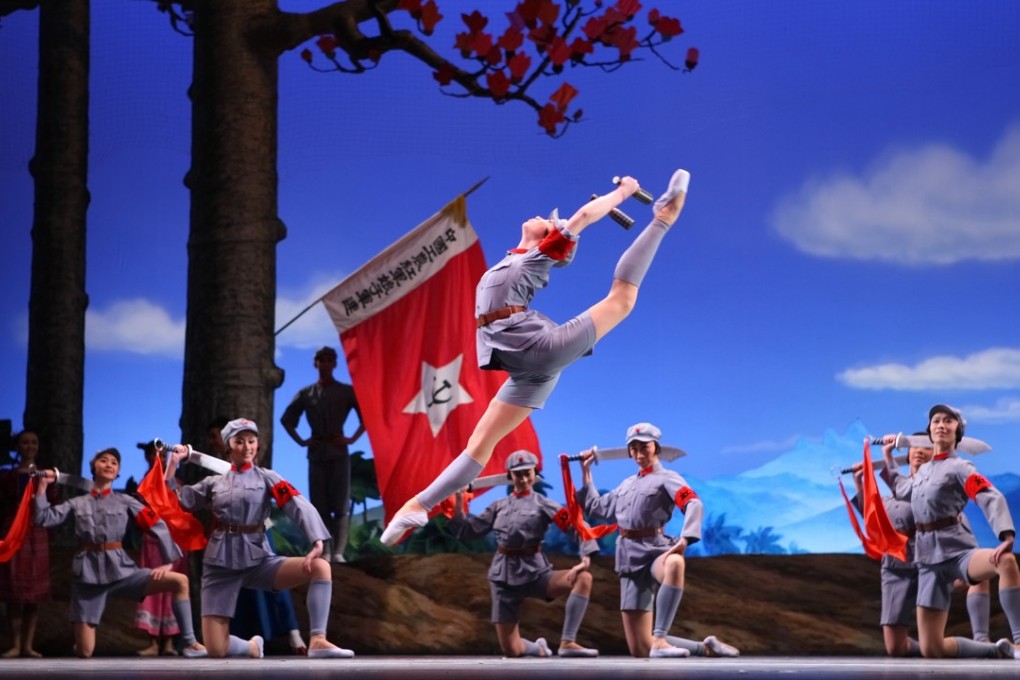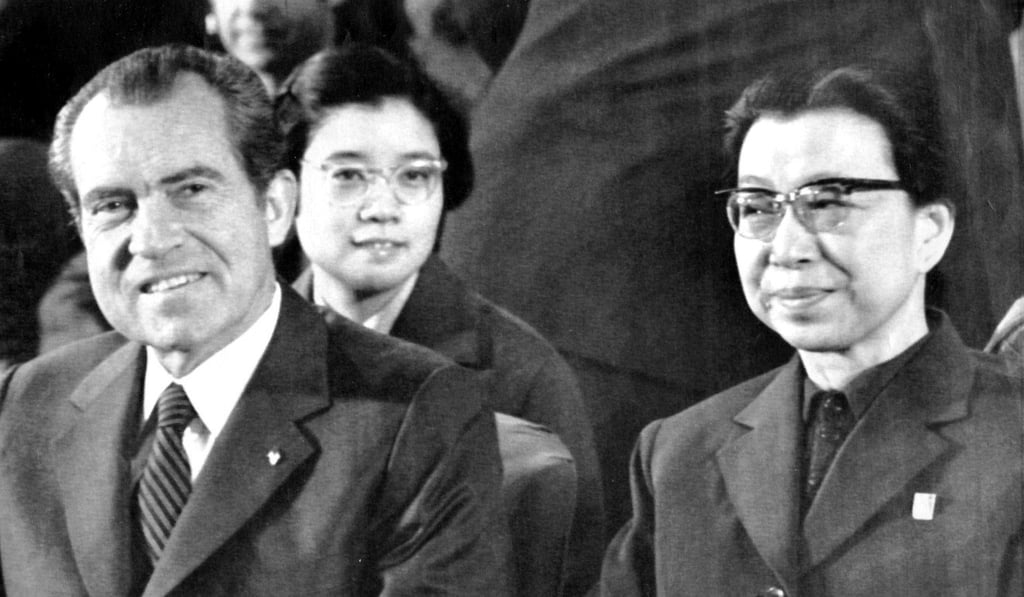China’s top ballet company in shouting match with courts over royalty order for repertoire performed for Richard Nixon
Leading dance troupe denounces judge after he tells it to pay US$21,000 for royalty compensation

China’s top ballet company has become embroiled in a war of words with two of the country’s courts over a royalty dispute for a work best known abroad for being performed for US president Richard Nixon during his 1972 trip to China.
The government-funded National Ballet of China lashed out at the Xicheng District People’s Court on its microblog on Tuesday, accusing the court and its presiding judge of “legal corruption” by “wrongfully enforcing” the ruling on an adaptation of The Red Detachment of Women.
It said it would suspend the performance of the work, according to the statement.
The court countered online with a detailed statement of the legal proceedings, prompting Beijing’s top court to share the link on its own online account before all statements were taken offline on Wednesday.

The Red Detachment of Women has been a centrepiece of the company’s repertoire for decades and has been performed thousands of times since it was adapted from a movie in 1964 by screenwriter Liang Xin.